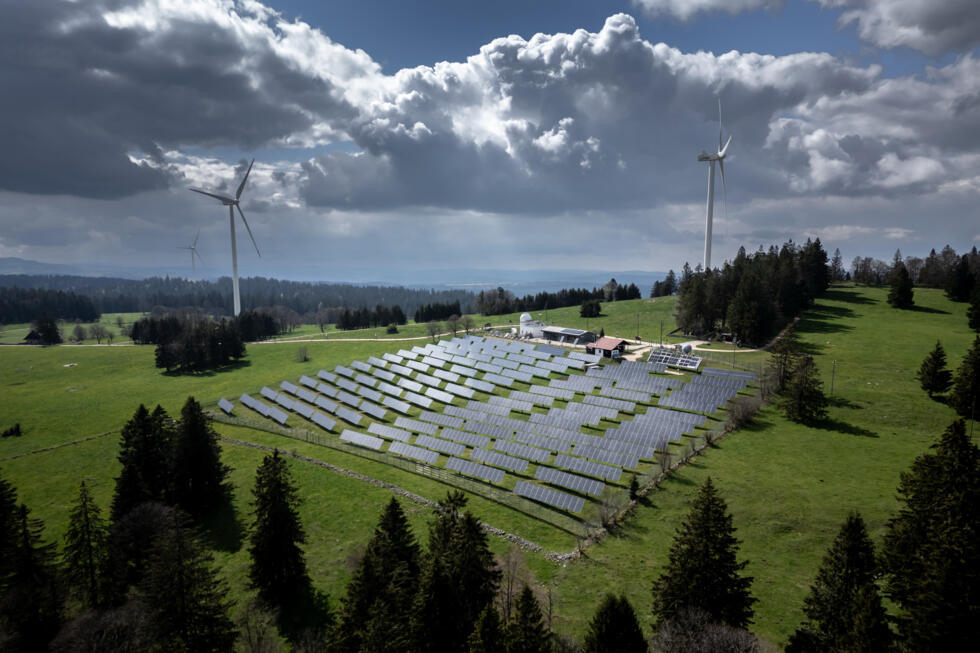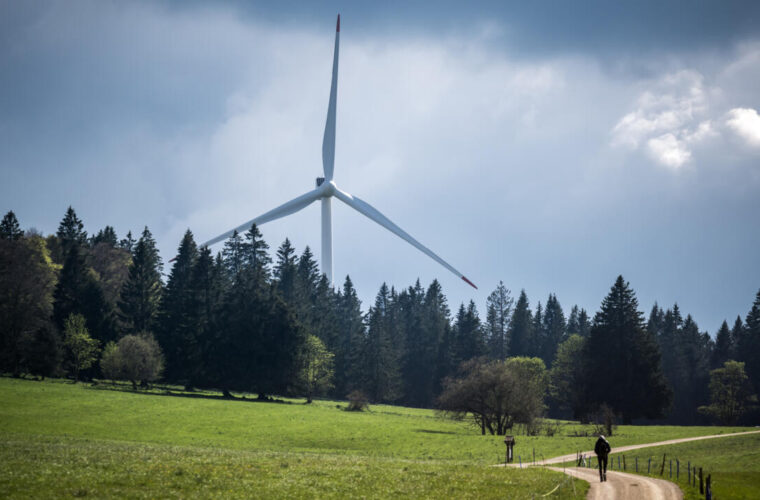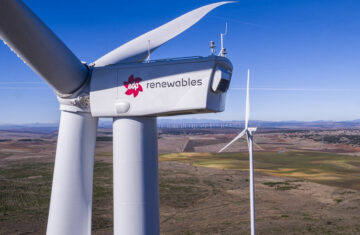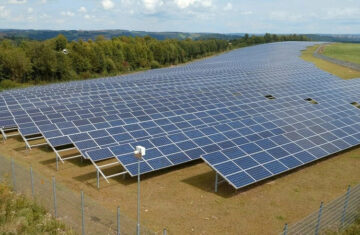Bern, Switzerland — Starting April 20, 2025, Switzerland will officially rely on energy credit, as the Swiss Energy Foundation (SEF) has declared April 19th as the country’s “energy overshoot day.” This marks the point at which domestic energy resources will be exhausted for the year, forcing Switzerland to depend entirely on imports to meet its energy needs.
Switzerland imports approximately 70% of its energy, spending nearly CHF 8 billion annually on net energy imports. In 2023, more than 87% of these imports came from EU member states. However, the SEF warns that many of these countries act primarily as transit hubs rather than producers. The fossil fuels and nuclear materials entering Switzerland often originate from geopolitically sensitive regions, including the Middle East, West Asia, and the former Soviet Union, as well as the United States, Norway, and the United Kingdom. Notably, a significant portion of the nuclear fuel used in Swiss reactors still contains uranium sourced from Russia.
The SEF stresses the urgent need for Switzerland to accelerate investments in domestic renewable energy sources to mitigate reliance on volatile supply chains. Léonore Hälg, head of climate and renewable energy at SEF, stated, “While the EU will remain a key energy trading partner, our future focus must shift toward locally produced renewable electricity, supported by a comprehensive electricity agreement.”

Switzerland’s energy independence rate is projected to reach 30% by 2025, a significant increase from 19% in 2005. This places Switzerland around the European average, with Germany also at 30% and France trailing at 17%. Leading the energy autonomy rankings is Estonia, boasting an impressive 98%, while countries like Belgium, Cyprus, and Malta languish below 10%.
Experts agree that enhancing domestic renewable energy production is crucial for Switzerland’s energy security. A study by the International Renewable Energy Agency (IRENA) suggests that countries investing in renewables not only improve energy independence but also create jobs and stimulate economic growth.
As Switzerland approaches its energy overshoot day, the imperative for a strategic shift towards renewable energy becomes clear. By investing in local energy sources, Switzerland can reduce its dependence on foreign imports, enhance energy security, and contribute to global climate goals. The time for action is now, as the nation prepares for a future where energy independence is no longer a distant goal but an achievable reality.



